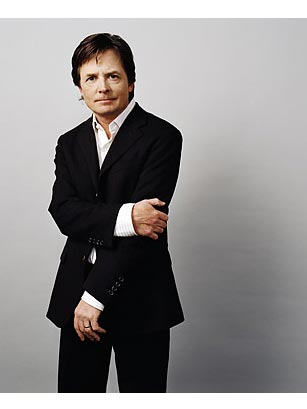
Making Stem-Cell Politics Personal
Anger, Pity and Hope, those powerful cousins, staked new political claims this year, and our campaigns may never be the same. This was the third election cycle in which actor turned activist Michael J. Fox supported candidates who favored expanding embryonic-stem-cell research, but it's the first time his intervention may have made the difference. "I think people were ready to hear a side of the story maybe they hadn't, about how it could affect them and what was at stake here," he told TIME. "That was lost in the noise before."
Until these elections, the commentariat doubted whether the stem-cell issue had the muscle to swing voters. But Fox's candidates won five out of five Senate races and 15 of 17 races overall, many by narrow margins. Fox, 45, who learned in 1991 that he has Parkinson's, is quick to remind critics that he has supported Republicans like Arlen Specter who favor the research. But the fact of 2006 is that he helped swing the Senate to the Democrats, which means that the chances of expanded stem-cell funding passing again and surviving another presidential veto have substantially increased. "It was infinitely bigger than me," Fox insists of the victory. "It was people waking up to the fact that they were responsible for the future and that these people work for us."